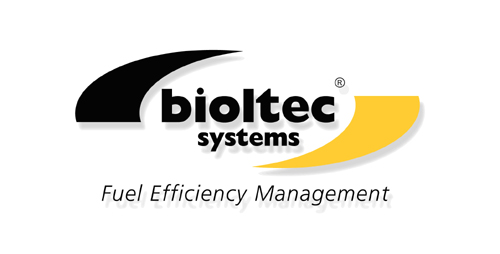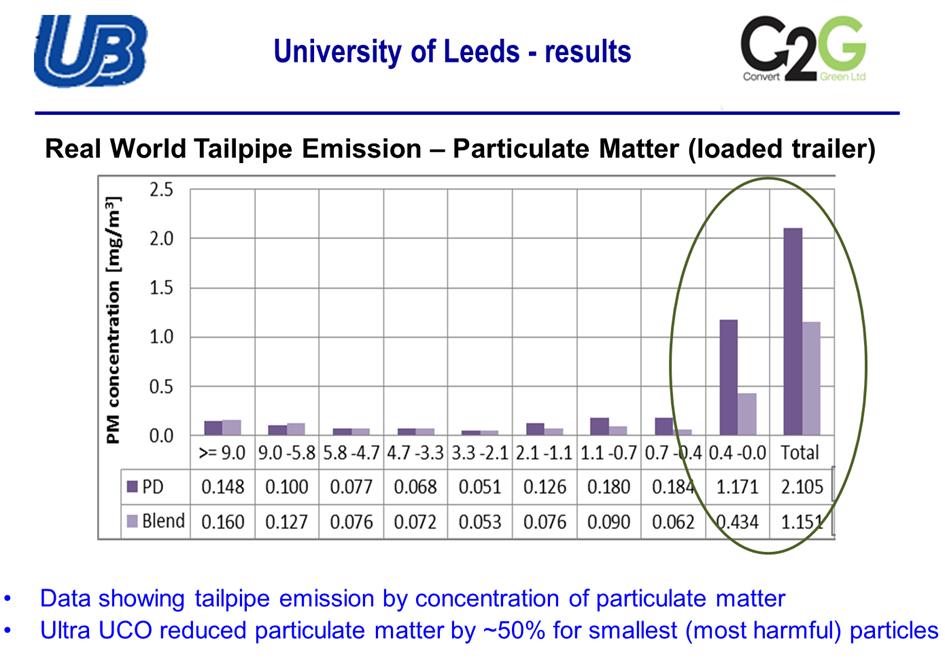|
|
|||||||||||||||||||||||
|
||||||||||||||||||||||||
|
bioltec® - News aus dem Jahr 2015 Okt. 2015 Kooperation in Kolumbien gestartet  Seit 10/2015 kooperieren bioltec und Ecodrive S.A.S. v.a. im Bereich Hardware Engineering. Ecodrive mit Sitz in Bogotá (Kolumbien) hat ein Rundum-sorglos-Paket für das Management von Fahrzeugflotten entwickelt welches zu nachhaltigen Kosteneinsparungen führt. Hierbei liefert Ecodrive die hauseigene Telematik-Plattform  gleichzeitig verbesserten Durchlaufzeiten generiert werden und somit die Effizienz wesentlich erhöht. gleichzeitig verbesserten Durchlaufzeiten generiert werden und somit die Effizienz wesentlich erhöht.Für die Zukunft ist der Einsatz von alternativen Kraftstoffen auf der Agenda dieser Kooperation: Auch in Kolumbien ist das ein Quantensprung im Fuel Efficiency Management! Juli 2015 Decarbonisation - Renewable fuels bridging the CO2 gap Just recently in Elmau, Germany (about 250 km distance of bioltec´s headquarter), the mighty “Group of 7″ countries (Canada, Japan, USA, Germany, United Kingdom, France, and Italy) declared that “deep cuts in global greenhouse gas emissions are required with a decarbonisation of the  global economy over the course of this century.” Many interpreted this as a call to phase out fossil fuels by the end of the century. global economy over the course of this century.” Many interpreted this as a call to phase out fossil fuels by the end of the century.Besides all enthusiasm there are strong concerns coming up that the G7 plan is an excuse to keep pumping oil for decades while promoting hypothetical, unproven or nonexistent technologies to save us – by the end of the century. Nevertheless: bioltec is proud to look back on more than one decade of “living decarbonisation” together with their partners and clients. It goes without saying that everybody practically involved in utilizing renewable fuels is fascinated by the feasibility of substituting 90% and more fossil fuels by just converting his standard vehicle with dual-fuel technology thus saving 100 tons of CO2 per year. A well proven technology, matter of continuous development and scientific research, keeping up-to-date with latest engine and emission requirements but looking back on a long tradition: Rudolph Diesel himself powered his engine with peanut oil – one century ago. It seems easy bridging the gap in CO2 reduction in road transport - sustainably and immediately. What stays behind is clear political targets in sight and as a consequence a reliable legislative framework at least for the next decade. But it´s not G7, it´s not EU, it´s the member states and nations themselves being responsible for changing future energy supply to sustainability – before the end of the century. Within the European pilot projects on renewable fuels we are about to investigate the current and expected framework for use of pure vegetable oils, animal fats and UCO for heavy-duty vehicles in all European countries. …read more:  Decarbonisation - Renewable Fuels bridging the CO2 Gap Decarbonisation - Renewable Fuels bridging the CO2 Gap201507bioltecDecarbonisation.pdf  Overview about the current legislative framework in Germany and in UK Overview about the current legislative framework in Germany and in UK Source: https://www.gov.uk/government/uploads/system/uploads/attachment_data/file/441673/low-carbon-fuels-stakeholder-workshop-2-July-2015.pdf April 2015 Pflanzenöl kann mehr als CO2 und Nachhaltigkeit Universität Leeds, SAE-Paper: Partikel-Emissionen drastisch reduziert bei Betrieb von bioltec-Euro 5-LKW mit Pflanzenöl (Used Cooking Oil), weniger als 50% lungengängige Feinstpartikel! Bereits in 2007 hat das BIFA Umweltinstitut eine viel beachtete Studie über die Abgase eines mit bioltec Technik und Rapsöl betriebenen Lkw-Motors veröffentlicht. Im AMES Test wurde eine Halbierung der Mutagenität (Krebsrisiko) bei Pflanzenöl-Betrieb festgestellt. Damit finden die vielfältigen positiven Auswirkungen von Pflanzenöl als Kraftstoff erneut eine wissenschaftliche Bestätigung. Vegetable Oils: Benefits beyond sustainability and greenhouse gases  Low Carbon Truck Trial, U.K.: Leeds University publishes a scientific paper (SAE international) reporting a massive reduction in Particulate Matter with trucks (Euro V) operated on Used Cooking Oil. Low Carbon Truck Trial, U.K.: Leeds University publishes a scientific paper (SAE international) reporting a massive reduction in Particulate Matter with trucks (Euro V) operated on Used Cooking Oil.The authors point out that particularly the amount of smallest (most harmful) particles is reduced by half! Back in 2007 BIFA Umweltinstitut has published a well recognized paper focused on reduced mutagenicity (cancerogenic potential) of emissions using straight vegetable oils vs. diesel in a truck with bioltec dual-fuel technology. Again the manifold positive effects of vegetable oil as fuel in modern engines are approved by scientist.
2015 Leeds University, Hadavi, S., Dizayi, B., Li, H., and Tomlin, A.,
"Emissions from a HGV Using Used Cooking Oil as a Fuel under Real World
Driving Conditions," SAE Technical Paper 2015-01-0905, 2015, - SAE 2015-01-0905 (http://papers.sae.org/2015-01-0905/) - 2007 Bifa Untersuchungsbericht >> weitere News zu dem Jahr 2014 |
||||||||||||||||||||||||
|
||||||||||||||||||||||||
